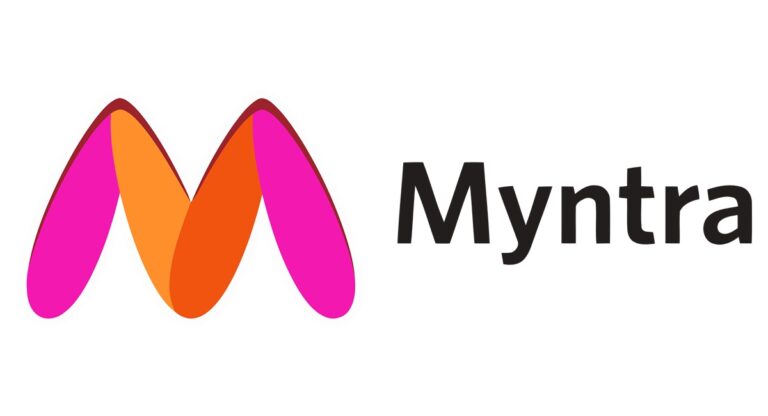71.4% of gig workers in India claimed that they don’t receive additional allowances or fringe benefits from the platform-based employers, in a 2024 report by the International Labour Organization (ILO).
The lack of social security benefits for gig workers in India has long been a point of intense discussion. From health benefits to workplace security, what corporate workers expect at the very least are perks that gig workers continue to fight for.
For platform-based employers who work alongside gig workers, it is essential to acknowledge the problems faced by the gig workers and actively work towards providing solutions from their end. While these solutions might not be ideal, they can be a crucial step in providing gig workers with the security they rightfully deserve.
The Legal Precedent
The national and state governments have issued various gig-worker laws and initiatives to improve the social security systems in India.
The aim behind Code on Social Security, 2020, Rajasthan Platform-Based Gig Workers (Registration and Welfare) Act, 2023, and Karnataka Platform-Based Gig Workers (Social Security and Welfare) Bill, 2024, is to provide administrative support to gig workers across India.
Similarly, initiatives like the e-Shram portal and government subsidies provide current and future gig workers to make a living with a robust support system and financial security.
Read More: Gig Workers in India: The Changing Laws and Effects
However, the biggest role in providing gig workers with social security benefits still lies with the employers. While these laws can provide guidelines, platform-based work providers must take steps to address the rising concerns in the gig economy of India.
Lack of Job Security
Gig workers often operate on short-term contracts or task-based work, leading to uncertainty in income and employment. With most platforms retaining them as on a task basis, it is not uncommon to feel insecure about the possibility of when the next task might come their way.
Possible Solutions:
- Offer retainer agreements or minimum guaranteed hours
- Creating a tiered loyalty program that rewards consistent workers with better pay or job priority
- Provide performance-linked contracts with incentives for regular engagement
Absence of Social Security and Benefits
Most gig workers in India have no access to health insurance, paid leaves, pensions, or accidental coverage. With them not fitting the bill of the legal definition of “employees,” gig workers often slip through the cracks when it comes to availing job-related benefits.
Possible Solutions:
- Partner with insurers to provide low-cost group health insurance and accidental coverage
- Set up voluntary savings schemes
- Offer microloans and financial literacy programs
Delayed or Inconsistent Payments
With uncertainty being such a prevalent part of the gig working industry, delayed payments only add to the stress felt by these workers. Similarly, any inconsistency in how the payments are calculated can discourage gig workers from using your platform.
Possible Solutions:
- Implement automated, transparent payment systems with real-time tracking
- Provide weekly or instant payout options via digital wallets
- Share detailed payment breakdowns through dashboards or app notifications.
Lack of Training and Skill Development
Gig workers often include people from all walks of life, with varying levels of education and resource availability. As such, it is not uncommon for most gig workers to have limited access to upskilling opportunities to grow their income or career.
Possible Solutions:
- Create online and offline training programs tailored to job roles like delivery, driving, and digital services
- Issue certifications to help workers move up skill tiers
- Partner with edtech platforms to offer free or discounted courses
Ambiguous Legal Protection and Clarity
A major reason behind the uncertainty among gig workers lies in the ambiguity in legal rights and the lack of grievance redressal. To faithfully address the issues pertaining to these gig workers, companies need to step ahead of the bare minimum requirements and acknowledge the importance of gig workers in their operations.
Possible Solutions:
- Set up internal dispute resolution teams or conflict resolution liaisons
- Clearly outline the terms of service and rights in regional languages
- Advocate for platform worker protections via policy collaborations
No Voice or Representation
Given the disconnect between the terms “employee” and “gig worker,” the latter group is often treated as independent contractors with no say in company policies. This happens despite most gig workers making up a crucial part of a company’s customer-facing service providers.
Possible Solutions:
- Form gig worker advisory boards
- Conduct quarterly feedback surveys and townhalls
- Allow representation in policy decisions affecting them.
Physical Safety Concerns
A significant portion of gig workers in India today are exposed to the risk of physical harm. Delivery and cab drivers often find themselves involved in accidents or other mishaps, given that a majority of their job involves being on the road.
Possible Solutions:
- Provide safety gear, panic buttons, and location tracking
- Set up 24/7 support lines for emergency situations
- Include insurance for accidents or theft during work
Harassment on the Job
Like many situations concerning gig-workers, physical and sexual harassment situations are often not regulated as per workplace safety laws. Even the mandates established by the Sexual Harassment of Women at Workplace(Prevention, Prohibition, and Redressal) Act, 2013, AKA the PoSH Act, 2013, fall under a grey area when it comes to gig-workers.
The issues with harassment involving gig workers are a two-way street. Many gig workers find themselves without support when they are victims, and conversely, customers who face harassment from gig workers are told that the company is not liable for those who are not “employees.”
Possible Solutions:
- Set up 24/7 support lines for emergency situations
- Establish harassment policies for gig workers associated with your platform
- Similar to an Internal Complaints Committee, create a body that addresses incidents revolving around gig workers
Overdependence on Ratings
For gig workers, performances are often measured based on ratings given by customers. In many cases, though, one bad rating can significantly impact work opportunities. With each task being evaluated independently from each other and good ratings getting lost in the haze of a bad review, gig workers often find themselves getting fewer job opportunities on certain platforms.
Possible Solutions:
- Use weighted rating systems considering volume of work, recency, and context
- Allow workers to appeal unfair ratings or flag problematic customers
- Introduce peer reviews and periodic audits of rating patterns
What does it mean for the employers
To provide appropriate social security benefits to gig-workers, it is important for companies to follow the established laws and regulations, not just in word but in spirit as well. Even small steps to rectify the basic concerns amongst your gig-workers can go a long way in creating more gig-working avenues in India.
By every passing day, the demand for platform-based employers to take accountability for the concerns and actions of their gig-workers is growing. Putting aside the technical and legal definition, employers cannot forget that most gig workers are indeed the face of their company.
As such, it is imperative to work towards the satisfaction of gig-workers in the same manner as a company would for its organised employees. Benefits and behavioural checks should go hand in hand to elevate the gig economy in India.






